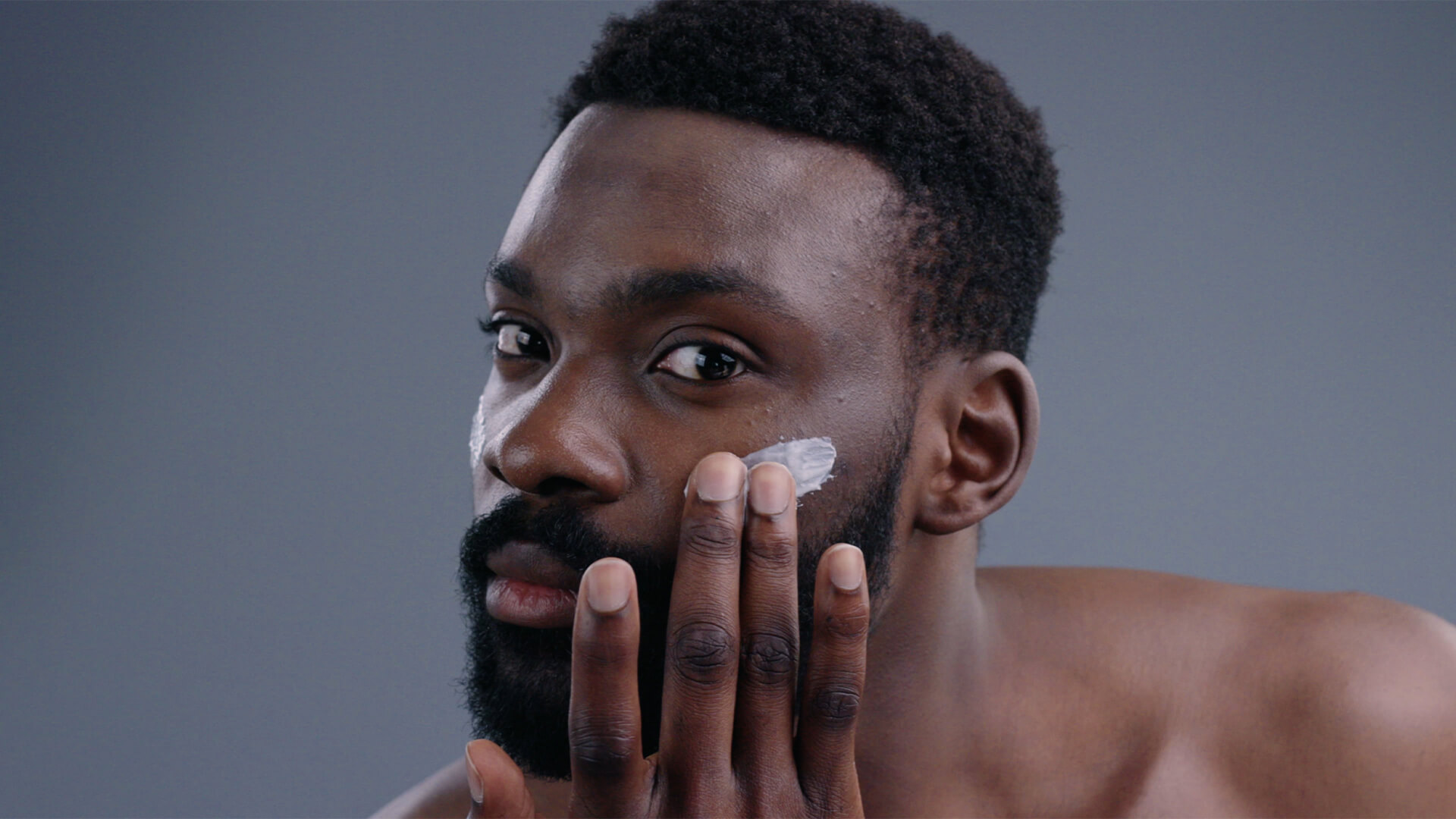
When it comes to looking after our skin, we know the basics. We know proper cleansing can keep spots and blackheads at bay, and moisturising can keep our skin plump and youthful.
In the era of TikTok, Instagram, and YouTube, skincare tips are more accessible, but this also means misinformation is easier to spread.
Here, we bust some of the most common myths around skincare.
Myth #1 – oily skin doesn’t need moisturiser
This is a myth that has stood the test of time. For the oily-skinned gals amongst us, it might seem logical to not add layers of hydration on top. Surely drying out our skin will keep the oil at bay, right?
Wrong.
While some people will have naturally oilier skin than others, our pores will produce more oil when it thinks our skin is drying out. Keeping your skin moisturised means your pores won’t go into overdrive to add hydration to your skin. Stick to a light gel moisturiser to add that essential hit of hydration without overwhelming your skin.
Myth #2 – we only need SPF on sunny days
How often do you wear SPF on your face and body? We’d hazard a guess that it’s primarily in the summer or on really bright days. But did you know that the sun’s rays can penetrate through the clouds and damage your skin on cloudy days? Even on cloudy winter days!
It’s recommended that we wear an SPF of at least 30 every single day, even in winter. Not only can the sun cause burning and skin cancer, but it’s also scientifically proven to be the biggest cause of skin ageing.
If the idea of going out without a golden tan fills you with dread, but you’re worried about facial self-tan flaring your skin up, worry not. A new breed of tanning drops come in a clear water form, which eliminates pore-clogging pigments to keep your skin as clear as it is tanned.
Myth #3 – blemish-prone skin needs daily exfoliation
In the age of skincare TikTok, we’ve never had more access to expert knowledge and advice on skincare. As a result, we’re more aware of the ingredients list in our skincare than ever. We know that ingredients many of us considered holy grails in our teen years, like witch hazel, can actually be bad for our skin.
We also know the transformative powers of ingredients like retinol and salicylic acid for clearing out our clogged pores, but it’s easy to get carried away and use these newly discovered ingredients too much. Plus, many of us grew up with the idea that we had to be aggressive to our skin to get rid of blemishes when the opposite is true.
Whether you’ve got blackheads, whiteheads, or hormonal acne, it’s recommended to only use ingredients like salicylic acid or glycolic acid a couple of times a week. Using these strong ingredients too much can cause our skin to become red and irritated and, counter-intuitively, to produce more of the things we’re trying to fight!
Myth #4 – our skin can tolerate extreme temperatures
Have you ever used a steamer or a hot cloth to ‘open’ your pores, then splashed cold water on your face to ‘close’ them? We hate to break it to you, but this isn’t doing your skin any good. It’s a myth that pores open and close – instead, warmer temperatures can soften the walls of our pores, which many people confuse with them opening.
However, using hot water or steam to ‘open’ your pores is a bad idea – this can irritate our skin and dry it out because it strips the skin’s protective barrier. It’s recommended that you wash with warm water, which can still loosen sebum in your pores that your cleanser can then tackle.
We’ve seen a rise in people using ice on their faces to ‘close’ their pores and reduce puffiness, but this is also not good for your skin. While cold temperatures can temporarily bring down puffiness, it has no long-term benefits and can cause redness, irritation, and broken capillaries.
Myth #5 – acne is a sign of bad hygiene
If you were a teenager with acne (or you’re an adult who still experiences it), you’ve heard it all. “Just wash your face more.” “Just drink more water.” “Acne means you’re unhygienic.” And none of this is true.
Acne has many causes, and you are not the issue. Hormones and genetics can play a part, and acne can be difficult to address if you don’t know how. We grew up trying to scrub away our spots with harsh walnut scrubs, but this can actually aggravate acne and make it worse. It’s like we were set up to fail.
Ingredients like benzoyl peroxide and salicylic acid can help fight acne. Benzoyl peroxide targets the bacteria that causes it in the first place, while salicylic acid helps to clean out your pores. Incorporating this into your skincare routine with a face wash or a leave-on product can help you address the root cause of your acne.
Rest assured in the knowledge that while acne is a tricky condition, it has nothing to do with your hygiene!
Skincare is a hot topic right now, and we’ve never been better informed about it. But with access to so much information online, we can also come across a lot of misinformation. Be sure to do your own research before you try out any supposed skincare hacks or eliminate vital items like moisturiser from your routine.











































